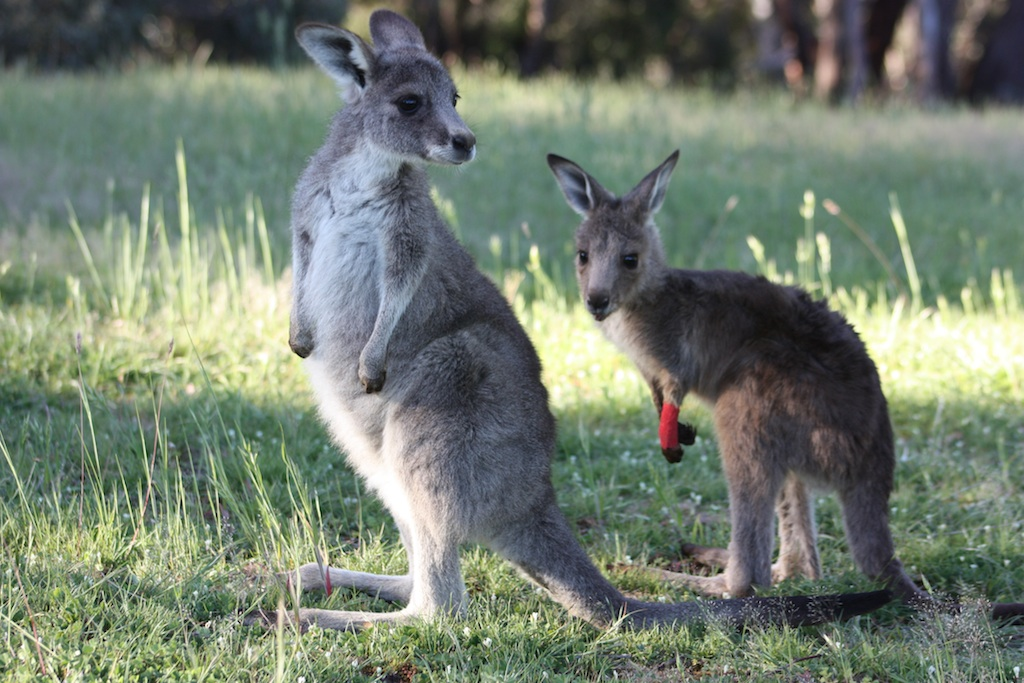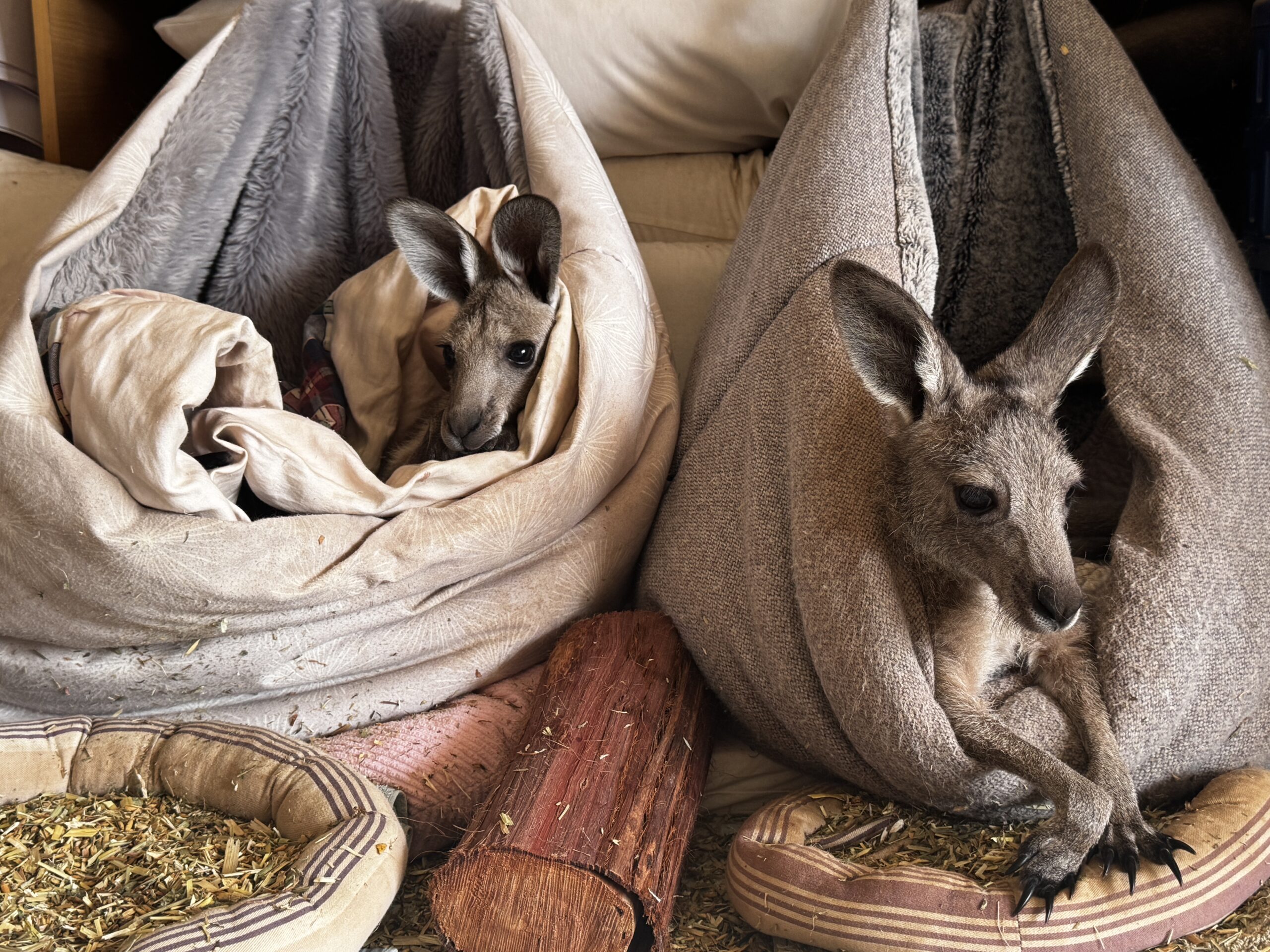Data on NSW licencing reveal the extent of Government-sanctioned destruction of native animals in the state | Conservation groups and wildlife carers to provide evidence of the extent of cruelty at inquiry into licensed killing SYDNEY (5 February, 2026)—Humane World for Animals Australia (previously Humane Society International Australia) will...
Footage has emerged of a dead dolphin suspended in a shark net just off Bronte beach this morning. The footage is a heart-sickening reminder of the need for NSW to cement its transition to modern shark safety technology and do away with archaic shark nets once and for all.
Sadly, this entanglement is not uncommon on NSW’s netted beaches, with hundreds of marine animals every year trapped and killed by shark nets, but it is rare to see this grim reality unfold right before our eyes.
A recent review of NSW’s shark nets by the state’s Threatened Species Scientific Committee (TSSC) found that during the 2021/2022 netting season, over 300 animals were caught in the 51 shark nets installed along NSW’s coast, but only 51 of there were actually targeted shark species—that is six times as many non-target species caught.
The same review found that 82% of shark-human encounters (29 of 35) have happened at netted beaches since 2000 and notes that one interaction occurred at a netted beach last year with no information of encounters occurring at unnetted beaches. The TSSC goes on to conclude that this data suggests that nets do not eliminate the risk of shark encounters.
Conservation organisations Humane Society International (HSI) and the Australian Marine Conservation Society (AMCS), say that NSW needs to fast track its transition to non-lethal alternatives to shark nets for the improved safety of both ocean users and ocean marine life.
Drone technology is already being used along the NSW coast to monitor beaches with great success. With alternative solutions like this already in use with widespread support from coastal communities, it is difficult to understand why NSW continues to put the destructive shark nets back in the water every summer. With an election around the corner, HSI and AMCS are urging candidates to commit to pulling the shark nets out if they win.
Lawrence Chlebeck, marine biologist for Humane Society International, said, “I am heartbroken to see this suffering unfold right before our eyes, but I’m not at all surprised. These nets are nothing but a placebo and their misguided use brings nothing but constant suffering to precious marine life. We have the technology in place to remove the nets for good, the NSW Government needs to show leadership and end this cruelty now.”
Dr Leonardo Guida, shark scientist at the Australian Marine Conservation Society, said, “Having dead animals in nets is like ringing a dinner bell for a nearby shark, so getting the nets out now and the drones up is a win-win for humans and wildlife alike.”


